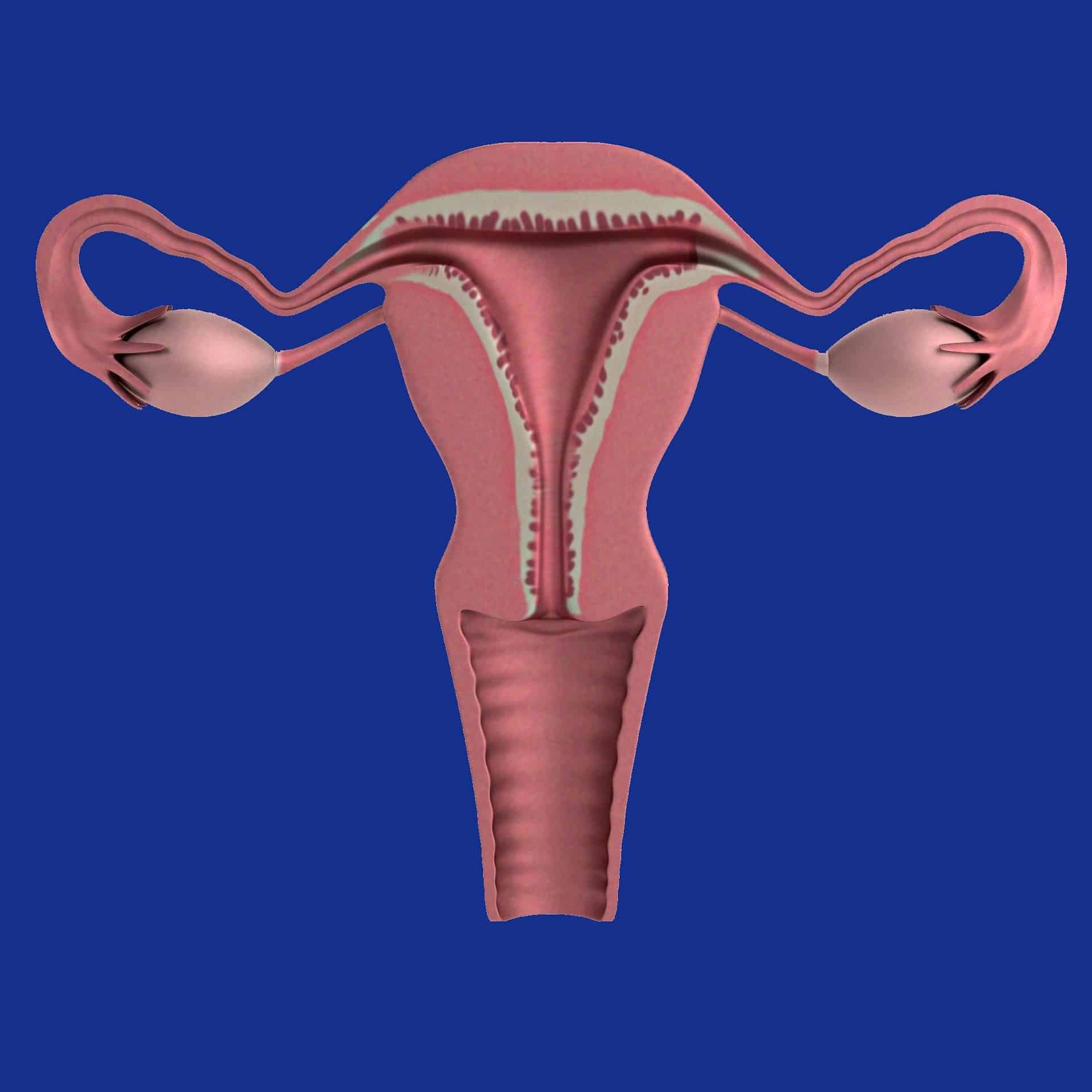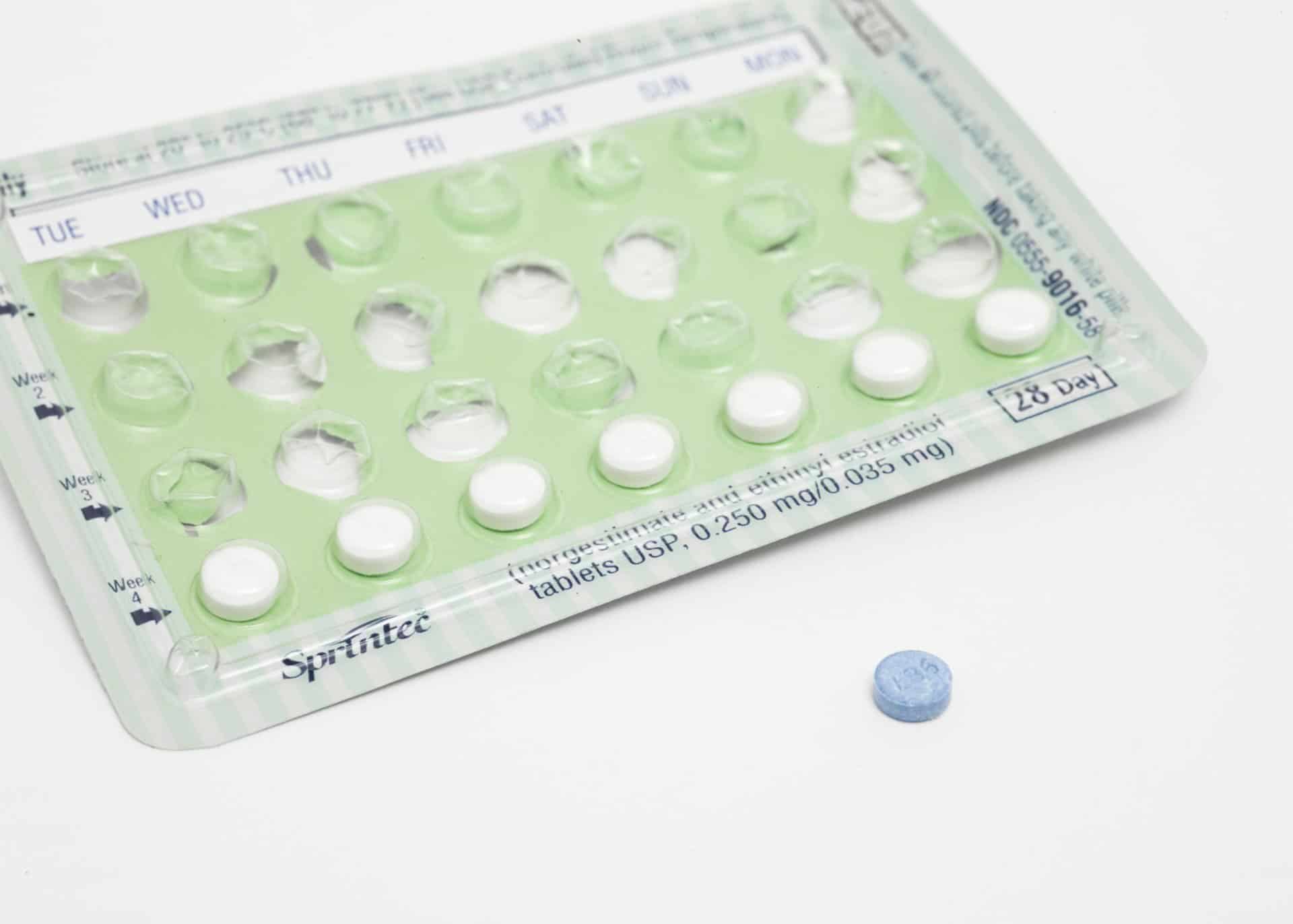September is PCOS awareness month. If you aren’t sure what PCOS is, it’s Polycystic Ovary Syndrome. It is a hormonal disorder that’s common amongst women of reproductive age. Women with PCOS can have a wide variety of symptoms and many women with the illness don’t even realize they have it. We wanted to write a post to spread some more awareness around Polycystic Ovary Syndrome so that you and your loved ones stay informed.
 What causes PCOS?
What causes PCOS?
PCOS is caused by an imbalance of reproductive hormones. The illness can cause missed and irregular periods which can lead to infertility or cysts on the ovaries. The illness is actually very common and affects 1 in 12 women. Of those who do have it, about 7-10 of them go undiagnosed!
Symptoms
One of the main symptoms of PCOS is missed or irregular periods. Other symptoms can include excessive hair growth, especially on the face and back. Acne can also flare up in places like the face, chest, and back. A woman can struggle with their fertility and mental health when dealing with Polycystic Ovary Syndrome. Other woman have developed diabetes while dealing with the illness. It’s important to know that you are not alone in feeling this way and that there are hundreds of woman going through what you go through. You can join support groups to hear women who experience the disorder just like you.
Treatment
 Lifestyle changes are key when it comes to maintaining a healthy life with this illness. Eating better, exercising regularly, and controlling your weight is really important if you struggle with PCOS. In some cases, women are prescribed birth control to help regulate their periods. There are also other medications/topical cream you can utilize to help control unwanted hair or acne as well. Speak to your doctor to figure out what the best options for you are.
Lifestyle changes are key when it comes to maintaining a healthy life with this illness. Eating better, exercising regularly, and controlling your weight is really important if you struggle with PCOS. In some cases, women are prescribed birth control to help regulate their periods. There are also other medications/topical cream you can utilize to help control unwanted hair or acne as well. Speak to your doctor to figure out what the best options for you are.
If you know anyone struggling with PCOS make sure you refer them support groups and to consult with their doctor before coming to any conclusions (if they’re undiagnosed). You’re not alone and make sure you spread awareness about Polycystic Ovary Syndrome.








